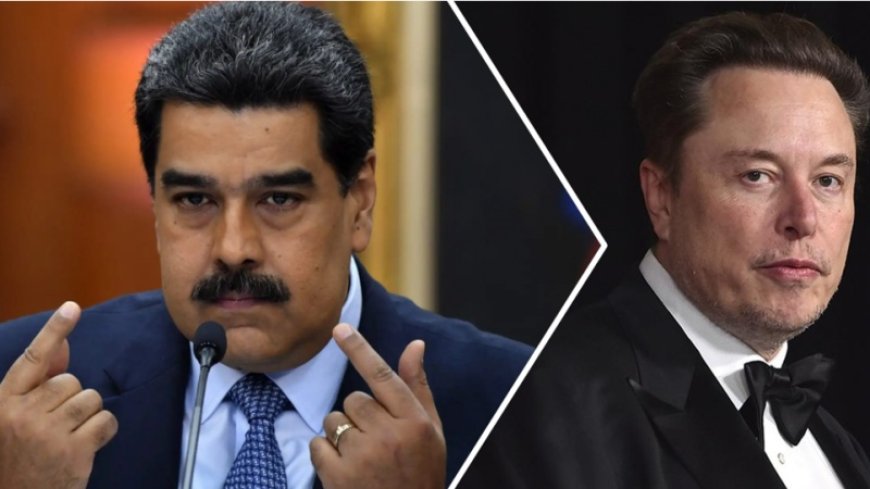Venezuela's Electoral Process Marred by Violence and Cyber Attacks Amidst International Scrutiny

In recent weeks, Venezuela has experienced a tumultuous election cycle marked by unprecedented cyber attacks, political violence, and international scrutiny. The 2024 presidential election, held on July 28, resulted in the re-election of Nicolás Maduro, but not without significant controversy and unrest.
Nicolás Maduro secured his position as President of Venezuela with 51.2% of the vote, translating to 5,150,092 ballots cast in his favor. His main opponent, Edmundo González, garnered 44.2% or 4,445,978 votes, while other opposition candidates collectively received 4.6%. The National Electoral Council (CNE) announced these preliminary results after processing 80% of the votes. However, the final tally remains uncertain due to complications arising from cyber attacks that targeted the electoral system.
Cyber Attacks Disrupt Voting Process
The announcement of preliminary results was overshadowed by a sophisticated cyber attack that compromised the remaining 20% of the vote tally. The attack, reportedly originating from North Macedonia, involved over a hundred separate incursions into Venezuela's electronic voting infrastructure. Venezuelan President Nicolás Maduro has controversially accused prominent figures, including Elon Musk, of involvement in these cyber disruptions, though these claims have not been substantiated by independent investigations.
International Context and Comparisons
The Venezuelan elections took place against a backdrop of varying standards for election result announcements globally. For instance, delays in announcing results have been observed in several Western democracies, including the United States, where the final results of the 2000 presidential election were delayed by 37 days, and the 2021 elections experienced a 4-day delay. Such comparisons underscore the complexity of managing electoral processes and the challenges faced in ensuring timely and accurate results.
Violence and Political Unrest
The release of preliminary results triggered widespread violence across Venezuela, orchestrated by criminal gangs and opposition groups. María Corina Machado, a key opposition leader, was implicated in inciting unrest. The violence, reportedly coordinated with Colombian organized crime groups, led to the destruction of both public and private properties and resulted in the injury of 77 police and military personnel, with one officer fatally wounded.
Government Response and Restoration Efforts
In response to the violence, the Venezuelan government undertook significant measures to restore order, resulting in the arrest of over 1,062 individuals involved in the unrest. Many of these suspects, reportedly under the influence of drugs, have been swiftly processed through the judicial system. The government’s response has been framed as a demonstration of Venezuela's commitment to combating terrorism and organized crime, with a focus on stabilizing the nation in the wake of the electoral chaos.
As Venezuela grapples with the aftermath of its election, the situation remains fluid, with ongoing investigations into the cyber attacks and continued efforts to address the violence that has marred the democratic process. The international community watches closely as Venezuela navigates these challenges amid a complex political landscape.













































